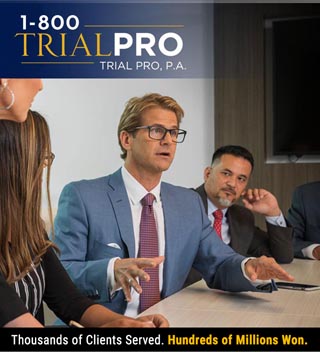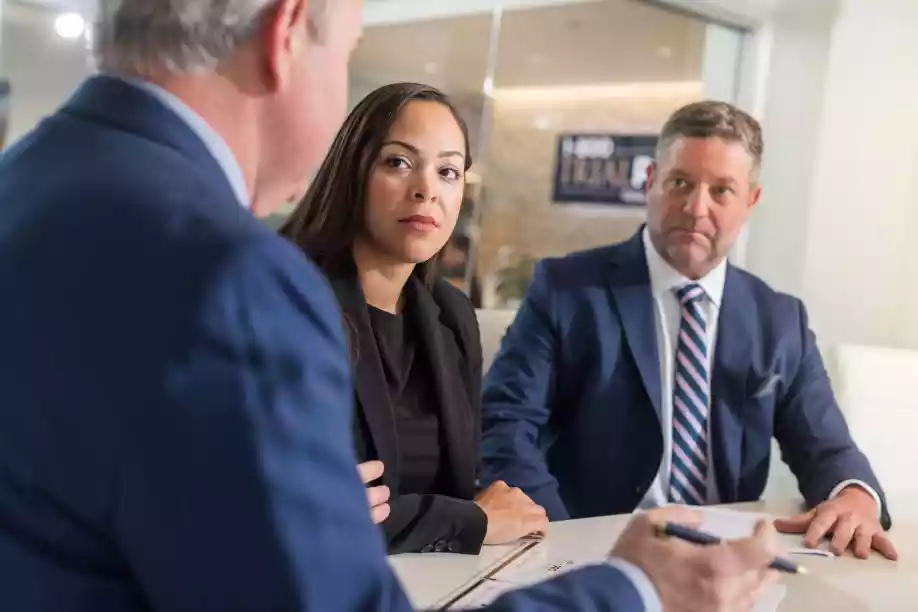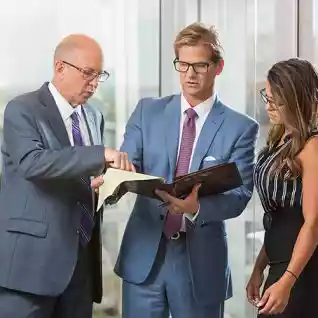Accidents happen, it’s unfortunate if it’s your own fault, but if you have a good insurance policy, your insurance company should be able to handle the issue without too much involvement from you. The first thing you have to remember if you accidentally hit someone with your vehicle is not to admit fault. Admitting fault automatically implies you are at fault, even if there is comparative negligence, meaning that you are only partially at fault. If you admit you are at fault, believe it or not, but your insurance company could end up dropping you. Any time you are involved in an auto accident, you should always, no matter what, call the police. The best way to document an accident is through a crash report, which the officer will write up. You will get a copy of the driver's exchange, which is just a form given to you by the officer with both party's insurance companies listed. You should immediately report the accident to both insurance companies in order to avoid delay. The quicker an accident is reported to the insurance company, the quicker it can start to be processed. You may be asked to take a recorded statement. Per Florida law, you must submit to a recorded statement from your own insurance company. Otherwise, your claim could be denied due to un-cooperation. If the other parties' insurance company asks for a recorded statement, you do not have to provide one if you do not want to. If you do decide to give them a statement, you can always tell them you will provide a non-recorded statement if you wish.
If your vehicle is damaged or totaled, your own insurance company will repair or pay you for your totaled vehicle, only if you have collision coverage on your policy. If you do, you will have to pay your deductible before your insurance company will start any repairs or reimbursements. If you have rental coverage, your insurance company will put you in a rental while your vehicle is being repaired. Once the repairs are done, you will have to turn in your rental. If your vehicle is totaled, once you receive the check for the reimbursement, you will have to turn in your rental. It’s best to pay for the rental coverage that you will need if you are in an accident. If you have a large or luxury vehicle, you will want to make sure that the rental coverage you choose on your policy will afford that type of coverage to you. If you choose the lowest rental coverage, you will be given a smaller, cheaper vehicle in order to stay within budget. You also have to keep in mind that your insurance company only pays for the rental vehicle for the number of days you choose on your policy, based on how much coverage you opt for. If your rental coverage runs out and your vehicle is still being repaired or you haven’t received the check for your totaled vehicle, you will have to turn in your rental vehicle or you will have to pay for it out of your own pocket.
If you are the at-fault party in an accident and you are injured, per Florida law, your own insurance company must pay for your medical bills through your Personal Injury Protection coverage. This coverage is mandatory in the State of Florida and is used to cover 80% of your medical bills, 60% of any lost wages, prescription, and mileage reimbursement, no matter if you are at fault for the accident or not. This is why Florida is called a No-Fault state. Even though your medical bills are paid at 80%, you still have a 20% balance left over that is your responsibility. Sometimes, the doctor's office will be nice enough to waive the balance at the end if you discuss it with them prior to starting treatment. There is a cap of $10,000 so once that $10,000 is all used up, there will be no more payments or reimbursements to you.
If the person who you hit hires an attorney, there is a chance that the case will not settle with the insurance company and a lawsuit will be filed. If that happens, you will be served by a process server. Your insurance company is responsible for hiring an attorney to fight for both you and them. If a lawsuit is filed, you will be issued subpoenas to attend depositions and your recorded or video statement will be taken in a court reporter's office. You will be asked questions by the other party’s attorney which could take several hours to days. If the case ends up having to go to trial, you may or may not be called as a witness. Most of the time, the insurance companies and attorneys are able to settle the case without having to go to court.
If you hit someone with your vehicle and you do not have auto insurance, you could be in trouble with the State of Florida. Not only could you be sued for your personal assets, but you could also receive fines and have to attend classes. If you have caused a few accidents and do not have bodily injury coverage on your policy or a valid auto insurance policy altogether, you will likely be required to obtain SR-22 insurance. This is a form you must fill out when purchasing an insurance policy so that the insurance company knows they must update the State of Florida motor vehicles department of any changes, renewals or cancellations to your insurance policy. The State will notify you immediately if you are required to obtain SR-22 insurance. If you do not disclose this on your insurance policy, your insurance company can drop you at any time without warning. If you fail to obtain SR-22 insurance when you have been required to do so, insurance companies may decide not to cover you moving forward.











